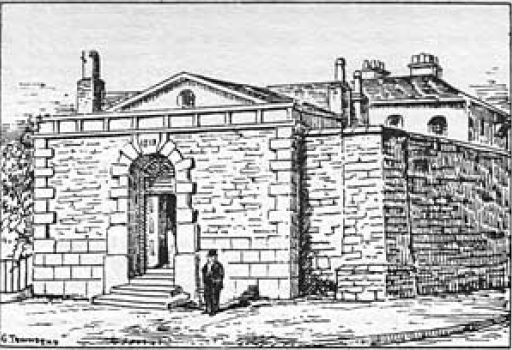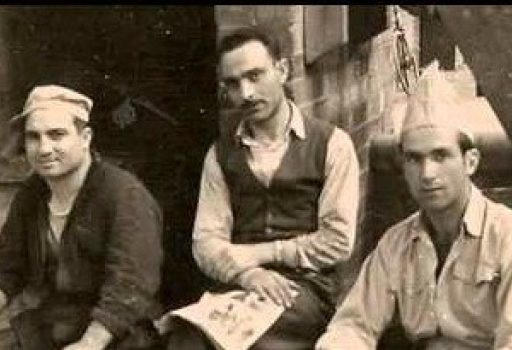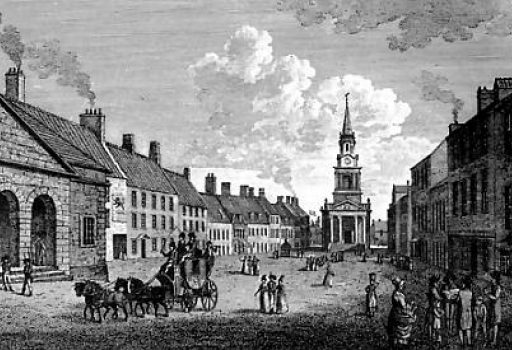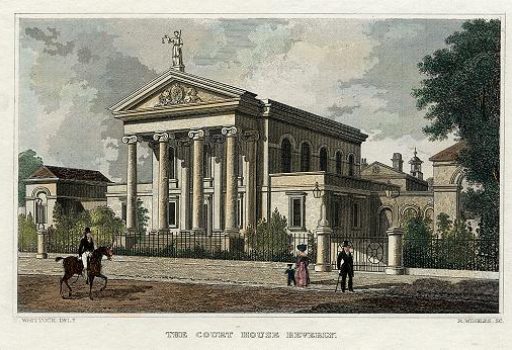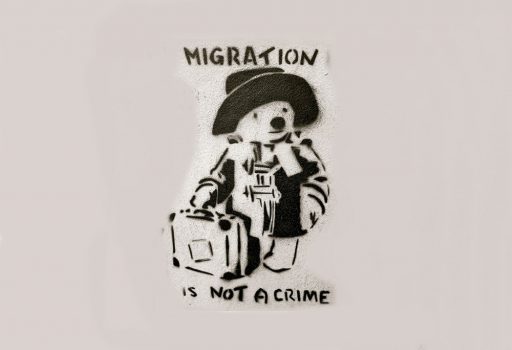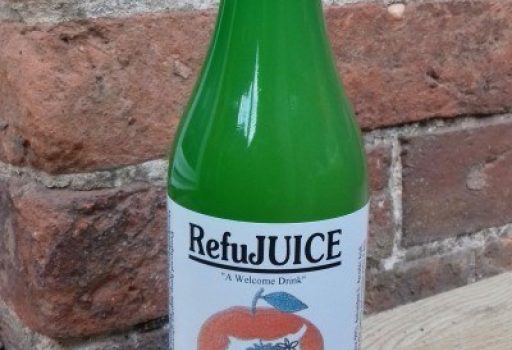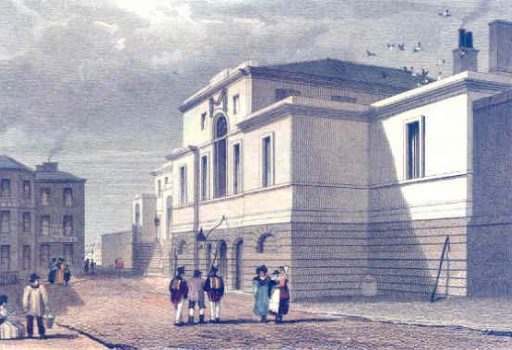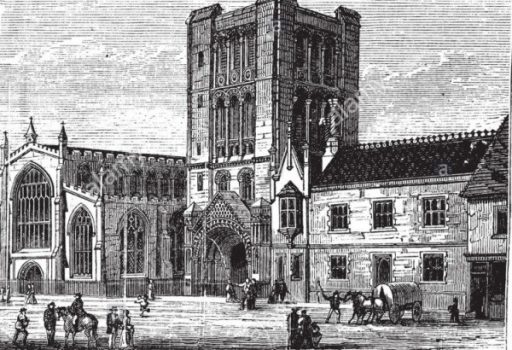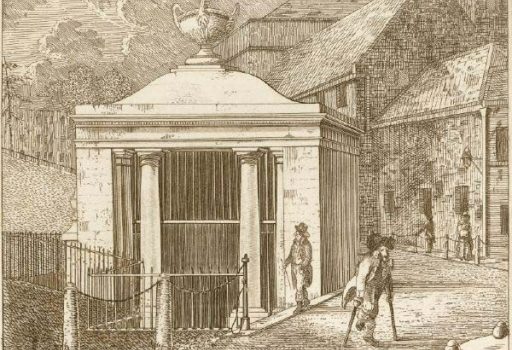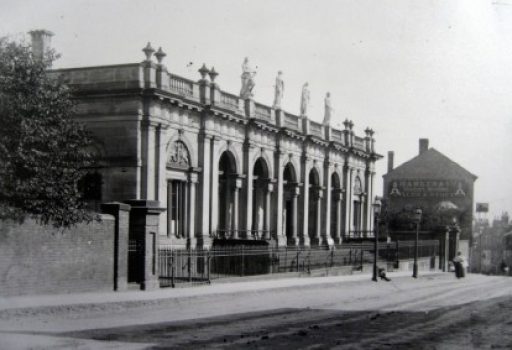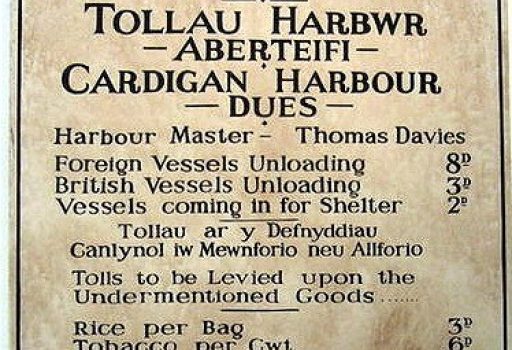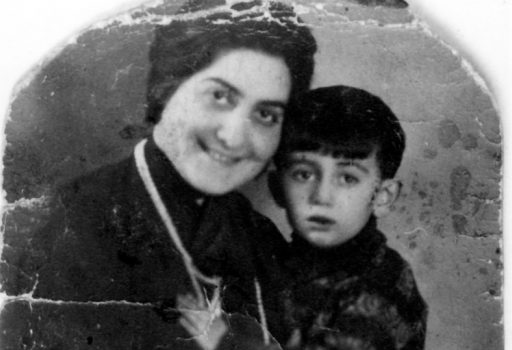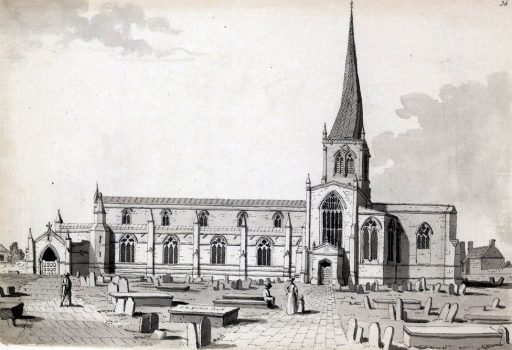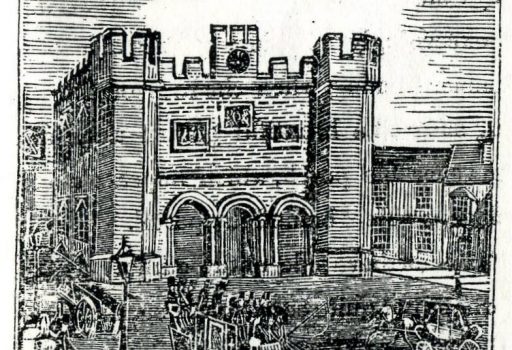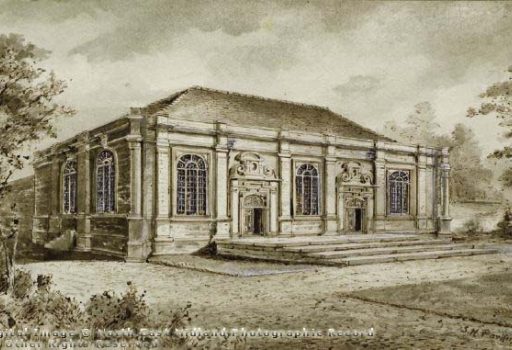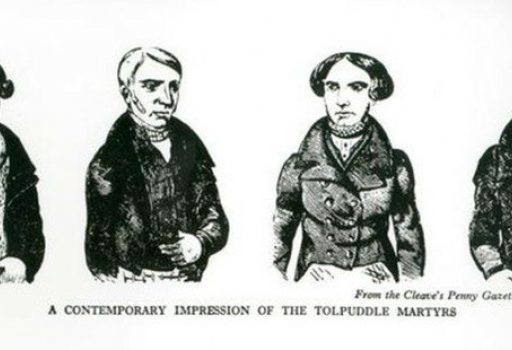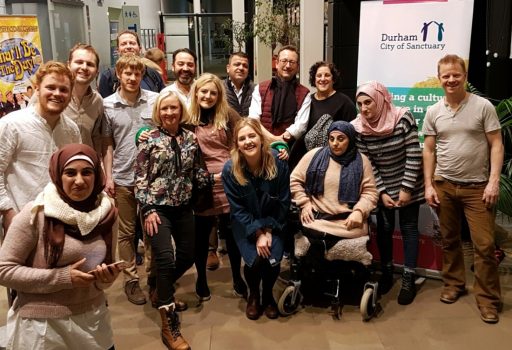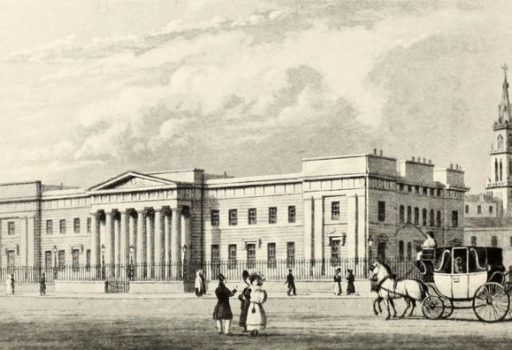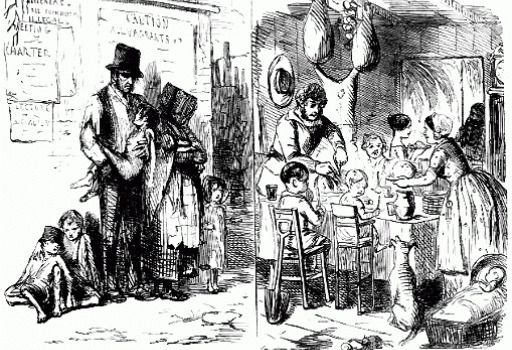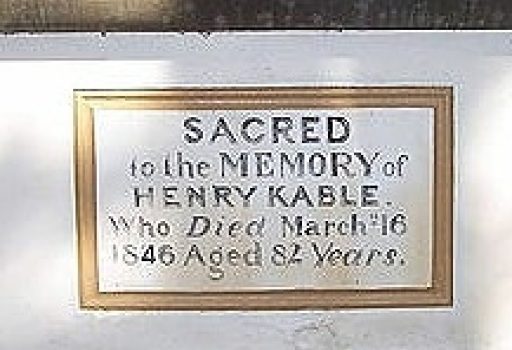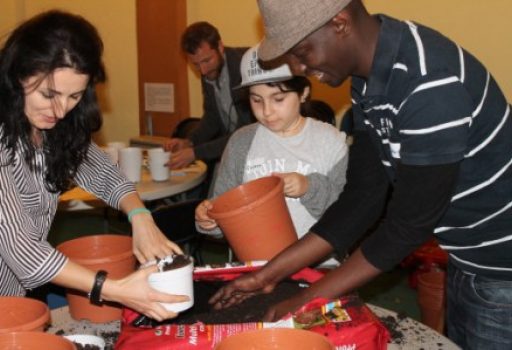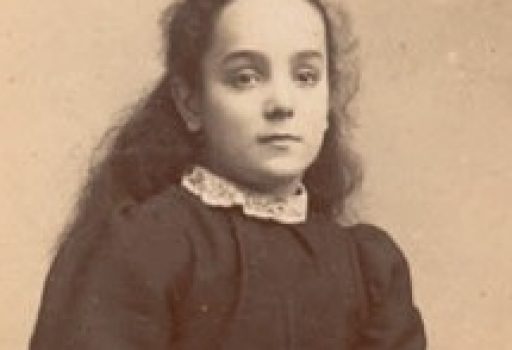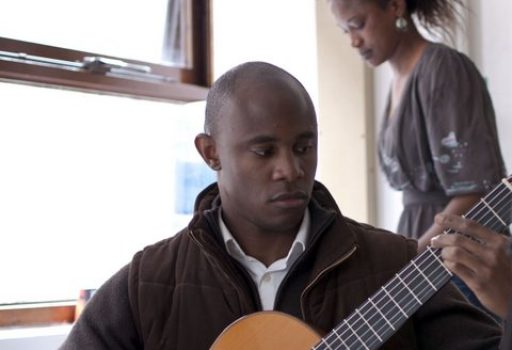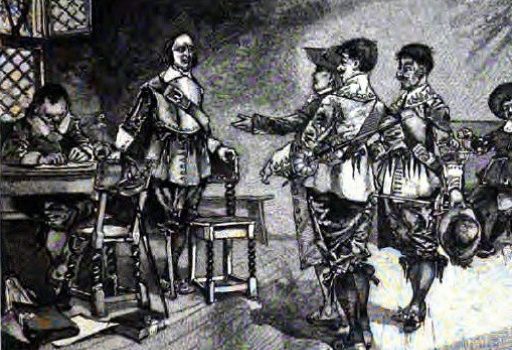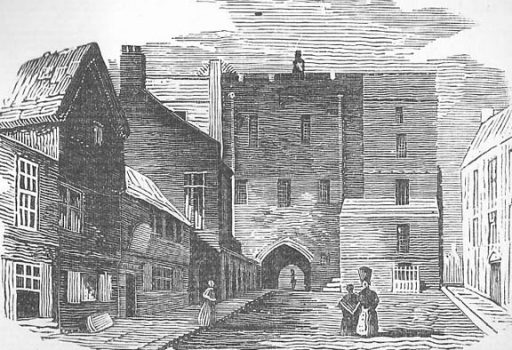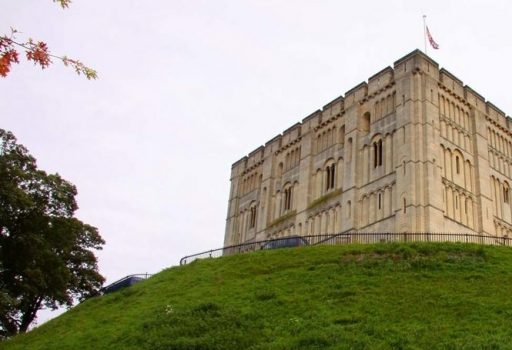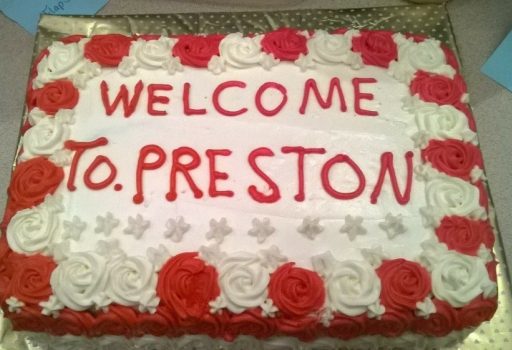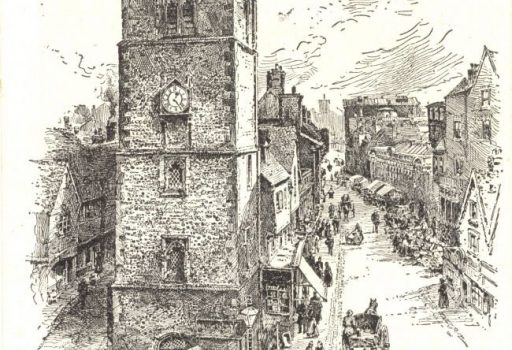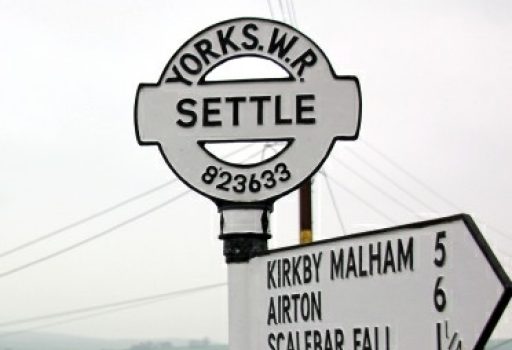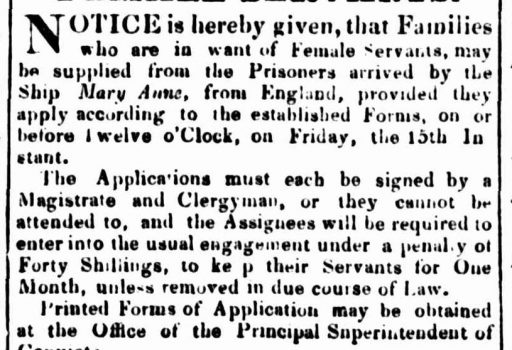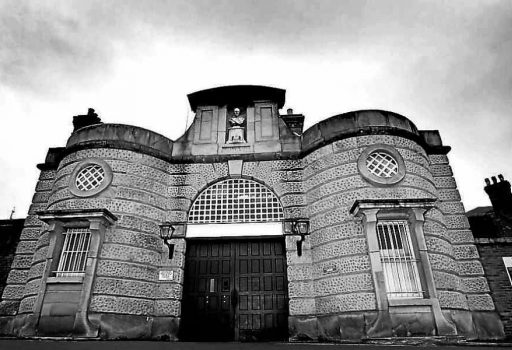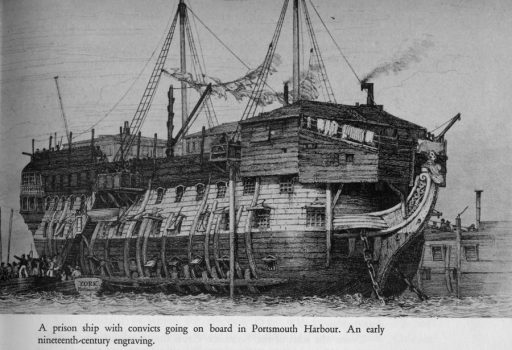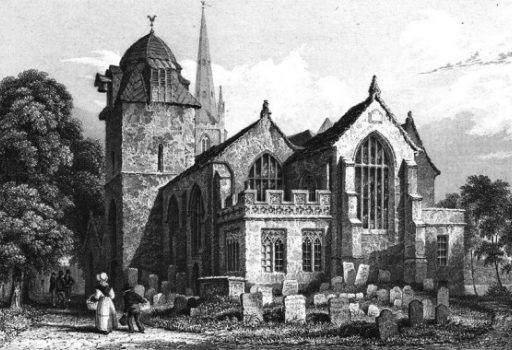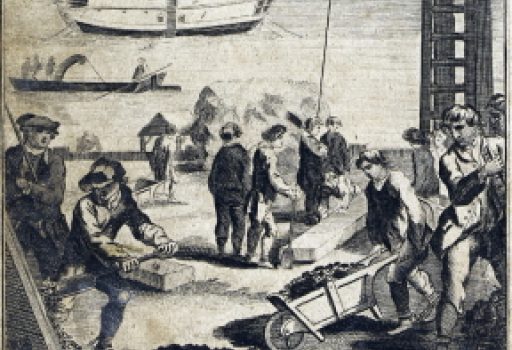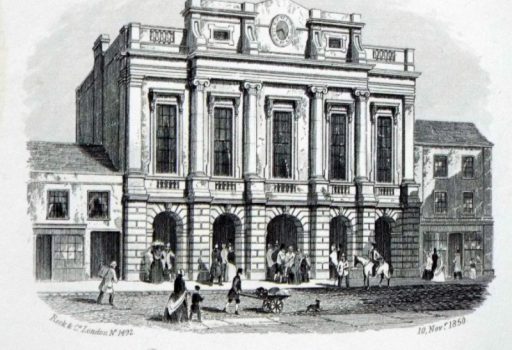We have two wonderful Parallel Lives partners in Exeter. Exeter City of Sanctuary is part of the national City of Sanctuary grassroots movement which is committed to building a culture of hospitality and welcome for refugees fleeing war and persecution. Refugee Support Devon aims for Devon to be a county where people who have had to flee from their homes in other parts of the world can find the protection they need, rebuild their lives in safety and dignity and achieve their full potential.
We'll be working with Exeter COS again on 12 June 2018 when Human Cargo comes to Exeter Phoenix.
70 of the convicts aboard the 1788 First Fleet of Convicts, including seven women, had been sentenced at Exeter Assizes. Also within the fleet was David Collins, from Gandy Street, who was to become the first Governor General of Tasmania. Many further people from Exeter were transported over the next half century.
Convicted of stealing sheep at the Devon Lent Assizes in 1801, ROBERT WEEKS first traded his death sentence for a life sentence, then traded the grim confines of Exeter Jail for a chained berth upon the Perseus, which arrived in New South Wales in August the next year. Thence his life proceeded more favourably. In 1817 he married Sarah Weavers. In 1823, though only conditionally pardoned, he was able to buy 50 acres at Kissing Point. In time he gained more land and, apart from being fined £30 in 1835 for’ illegally retailing half a pint of rum to a runaway from a road party’, respectability. HANNAH MADDOCKS, convicted of burglary at the same Devon Lent Assizes in 1801, along with her husband William, also ended up in Kissing Point, though without her husband. As a ‘widow’, which may have been true but was a polite way to disguise a living spouse in England, she married a Lancastrian convict, James Newton.
One of the more egregious bouts of Exeter injustice befell EDMUND GALLEY, a Londoner wrongfully convicted of the murder of a Moretonhampstead farmer in 1835. The only prosecution witness was rewarded £200 for testifying against him. Duly convicted, it soon became apparent he had a solid alibi – being at Dartford Fair in London on the same day. Even though the prosecution lawyer became convinced of his innocence, a pardon was not forthcoming and Galley arrived in New South Wales aboard the Parkfield in 1839. Eventually a pardon came through, in 1879, by which time the 80-year-old Galley had spent 43 years in penal servitude. Commenting delicately on the case, the Home Secretary said Galley ‘belonged to the criminal classes amongst whom we look for crime and requires less evidence to convict than others.’
THE NIGHT OWLS
Once upon a time a group of young Polish men headed west across Europe. They had to hide by day, sleeping in forests, and travel by night. All along their journey, there were soldiers and police trying to stop them. They could not trust civilians. They got to Paris, which they thought might be safe. But it wasn’t, so they headed instead for Britain. But it was too dangerous for them to cross the Channel. Some still managed to smuggle themselves onto boats. Others braved crossing the Atlantic for it was just about possible to get from America to Britain. This was 1940. They were pilots from the Polish airforce. Their country in thrall to Germany, they now sought a country which would give them planes to fight back. They arrived in Britain, dirty and unkempt after their journey. Britain took little notice. But then they got a break when one was able to show his skills in a spitfire. Britain was so desperate for pilots they were immediately enlisted in the RAF as the Lvov Squadron. In April 1941 they came to Exeter. They lived in Heavitree and Newtown. Known as the Night Owls, their job was to protect the coast and towns of the Southwest from nighttime attack. Their relationship with Exeter was entrenched during the furious German attacks in May 1942. When the war ended, many of the Polish airmen settled in Exeter.
